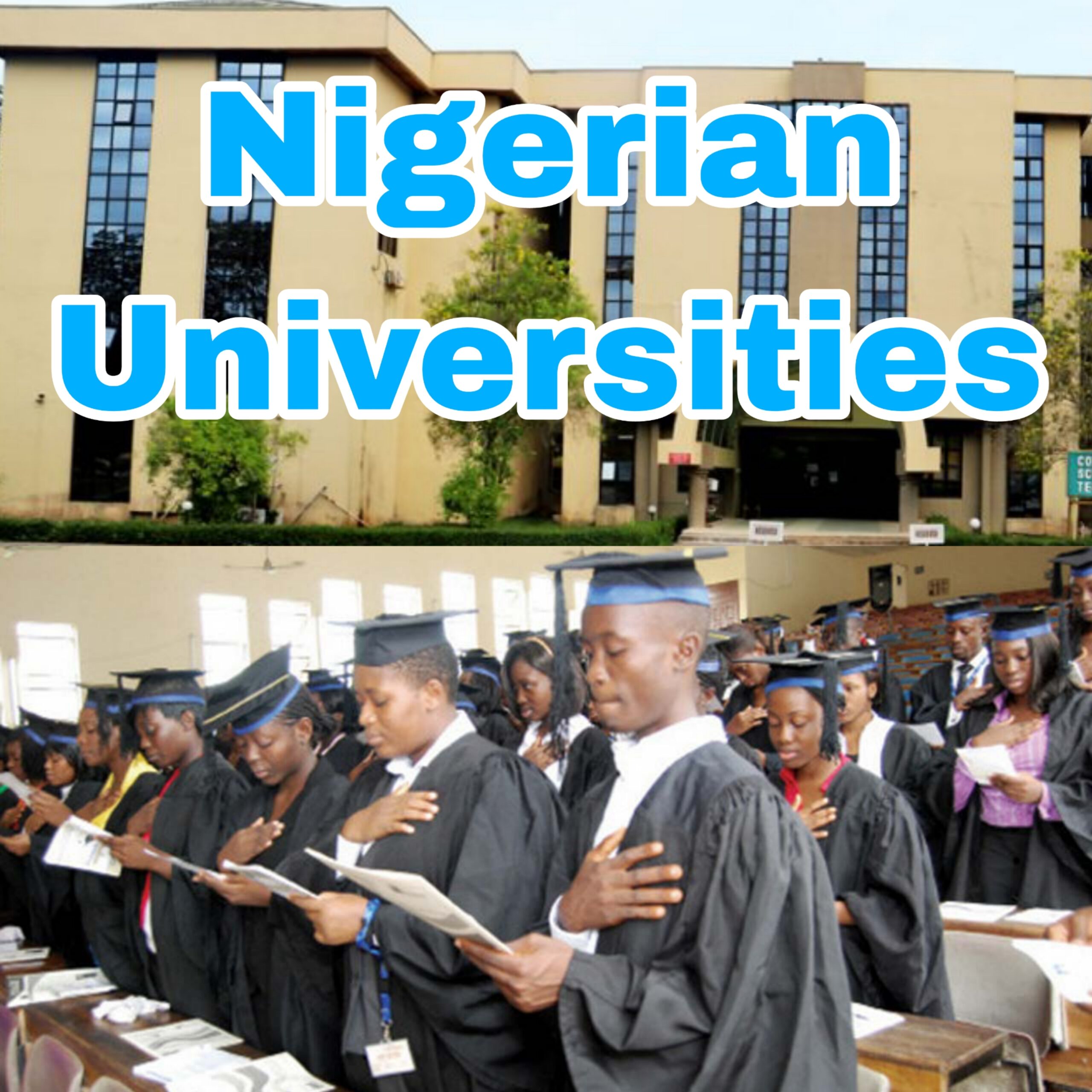By Isaac Chukwuebuka Chibuife
Students across Nigeria’s tertiary institutions have continued to express their concerns and frustrations regarding the recent school fee hike by their schools.
In a series of interviews with Prime Business Africa (PBA) correspondent, students highlighted the negative impact of the increase on their economic standing and overall well-being.
Join our WhatsApp ChannelRecently, the University of Lagos (UNILAG), reportedly, increased fees for undergraduate students with effect from the next academic session. According to a statement by the Senior Staff Association of Nigerian Universities (SSANU), UNILAG branch, students who previously paid N19,000 will now pay N190,250 for those studying Medicine, while for courses that require laboratories and studios are to pay N140,250. Courses that don’t require the use of lab and studio will pay N100,750 for every session.
READ ALSO: UNN Students Protest 100% Hike In School Fees
On the other hand, new undergraduate students (first year) will be paying N126,325 and N190,250 and this also depends on their courses of study.
This increase is coming amidst the escalating cost of living in the country caused by the removal of subsidies on petrol which pushed up energy costs. Some other institutions are reportedly, planning to do so in order to cope.
One of the major concerns raised by students is the financial burden placed on their families. John Eno, a 300-level student of the Department of Mathematics, University of Lagos expressed his frustration saying, “My parents have been struggling to pay my fees and the recent increment has added to their financial stress. They have to make sacrifices and cut down on other expenses to ensure that I can continue my education.”
The increase in school fees has also led to a decline in the number of students who can afford tertiary education. Deborah Oloye, a prospective student who had to defer her admission due to the increased fees shared her disappointment saying: “I worked so hard to gain admission into the university but now it feels like it is slipping away because of the financial burden. I know so many others in similar situations like I am.”
Students have also highlighted the negative impact on their academic performance. With the increased financial pressure, many students will find themselves juggling part-time jobs or engaging in other income-generating activities with academics to raise money for their fees. This in turn may affect their ability to fully focus on their studies. Sophia Gorroti, a second-year student at the university said she usually takes on jobs after classes to make ends meet to be able to make up her school fees but with the recent hike, she has to do extra jobs in order to make ends meet.
Jerry Okafor, a student of Economics, is of the opinion that the school fee hike will affect students academically, emotionally, and mentally as many are already into part-time jobs to cover their expenses and thus would make students lose focus on their studies.
Speaking with Prime Business Africa, one of the faculty executives in the school who wished to remain anonymous said the school fees increase was uncalled for. According to him, the school never involved any of the faculty or departmental leaders in the process of making the decision to increase school fees.
“So many students come from a low-income background and this increase in school fees has laid a big financial burden on the part of our parents. In fact, it is very absurd to increase school fees when nothing significant has been done with the previous fee we have been paying,” he said.
READ ALSO: Tuition Fee Hike In UNILAG Raises Dust
UNILAG had over the years banned activities of the Students Union Government despite continuous demand for reinstatement. A further look into the situation of unionism in the school reveals that it is only at the departmental and faculty levels that there are student officers and none of them were invited by the school management to take part in the decision making that prompted the school fees increment.
Also in the University of Benin, school fees have been increased by over 80 per cent starting from 2022/2023 academic session. Fresh science students will pay approximately N190,000 while non-science students will pay N170,000 as against the amounts obtainable before which were N73,400 and N69,000 respectively.
In a chat with Prime Business Africa, some students of the university said the increment is uncalled for and lamented that it will worsen their financial burden, especially those who fund themselves and parents who have more children in school. They called on the school management to reconsider them.
Efforts to reach an official of the Students Union Government of the school proved abortive as at the time of filing this report.
READ ALSO: CBN Reveals JP Morgan’s Intention After Report On Nigeria’s Foreign Reserves
Meanwhile, the National Association of Nigerian Students (NANS) has opposed the school fees hike.
The national student body recently wrote to the management of UNILAG requesting a reversal of the school fees increment.
NANS through a letter signed by its Public Relations Officer, Comr. Giwa Yisa Temitope, addressed to the UNILAG Vice-chancellor, said the increment was not done in good faith, adding that it is quite sad that the students were neither consulted nor considered before the university management took the decision to increase school fees.
While acknowledging that successive administration in Nigeria has failed to properly fund education, the body said “the students and their suffering parents must not be made to carry the brunt of governmental failure.”
The NANS urged students not to pay any dime more than the old fee, adding that if the need for increment arises, “students should be called to the roundtable.”



















Follow Us